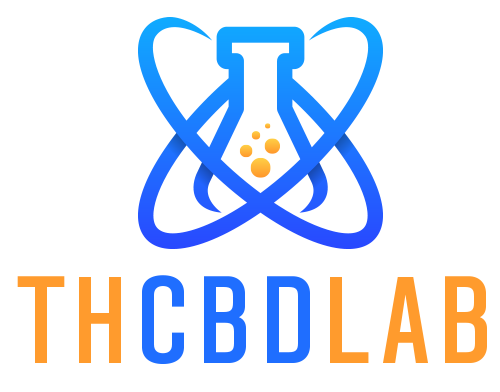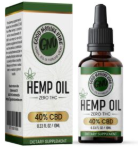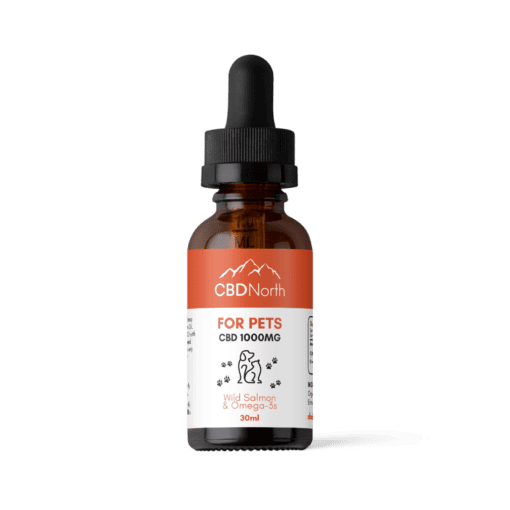Tratamiento Efectivo de la Angina de Pecho con Popper
La angina de pecho, that uncomfortable chest pressure affecting millions worldwide, has been addressed through various treatments over the years. Among them, the historical use of Popper, a substance derived from nitritos de alquilo and known for its powerful efecto vasodilatador, stands out.
But can it really be considered an effective and safe option today? In this article, we’ll explore in depth how Popper, from its origen médico to its uso recreativo, has played a role in the treatment of this condición cardíaca.
If you want to learn more about the usos médicos históricos del Popper, join us in this informative journey and discover everything you need to know before considering this alternative.
What Is Angina de Pecho and How Is It Related to the Use of Popper?
Definition and Causes of Angina de Pecho
La angina de pecho, also known as angor pectoris, is a medical condition characterized by dolor o molestia en el pecho. This symptom occurs when there is a temporary reduction of flujo sanguíneo al corazón, causing a lack of oxygen in the músculo cardíaco.
The most common cause is aterosclerosis, a partial blockage of the arterias coronarias due to acumulación de placas de grasa.
Episodes of angina are usually triggered by:
- Esfuerzo físico: intense activities that increase oxygen demand.
- Estrés emocional: situations that raise the heart rate.
- Exposición al frío: low temperatures that constrict blood vessels.
Typically, symptoms subside when physical activity is reduced or when medicamentos vasodilatadores are administered drugs that help restore blood flow.
It is here that interest arises in Popper as a potential tool to relieve mild episodes of angina, thanks to its acción vasodilatadora.
The Popper: Origin, Uses, and Effects on the Body
El Popper, whose name comes from the English term “to pop”, is a chemical substance derived from nitritos de alquilo, such as nitrito de amilo o butilo. It was originally developed for medical use and served as a tratamiento para la angina de pecho because of its efectos vasodilatadores.
The nitritos relax the walls of blood vessels, causing an immediate drop in blood pressure and an increase in blood flow to the heart.
Today, the use of Popper has extended beyond medicine. It is widely known as a estimulante recreativo that produces sensations of euforia, relajación muscular, and intensificación de las experiencias sensoriales. This effect, sought in contextos sociales y sexuales, occurs through inhalation of its vapors, allowing fast absorption into the bloodstream.
However, its use may also bring side effects such as mareos, dolores de cabeza, and temporary alteraciones visuales. It is contraindicado for individuals with certain conditions, such as glaucoma, due to its effect on presión intraocular.
Although Popper has vasodilating properties, its uso recreativo is not regulated as a tratamiento médico, meaning its eficacia y seguridad in managing angina de pecho must be evaluated carefully under asesoramiento médico especializado.
Is Popper Effective as a Treatment for Angina de Pecho?
Mechanism of Action of Popper in Relieving Symptoms
Popper acts as a potent vasodilatador due to its main component, nitritos de alquilo. When inhaled, it causes relajación inmediata de los músculos lisos, including those that line the walls of blood vessels.
This allows dilatación de las arterias coronarias, improving blood flow to the heart and quickly reducing blood pressure. In cases of angina de pecho, this may help relieve opresión en el pecho caused by isquemia miocárdica, or lack of oxygen in the heart muscle.
The effect begins within seconds of inhalation, making Popper a sustancia de acción rápida. Historically, this was valuable in contextos médicos tradicionales, before more modern treatments like nitroglicerina sublingual became common.
However, the effect lasts only 1–2 minutes, limiting its use for long-term management.
In addition to vasodilatación, Popper reduces resistencia vascular periférica, decreasing cardiac workload and easing symptoms such as presión y dolor en el pecho.
Benefits and Limitations of Using Popper in Cases of Angina de Pecho
The main advantage of Popper in managing angina de pecho lies in its ability to aliviar los síntomas rápidamente. Its inhalation allows immediate absorption, offering acción rápida in emergencies.
Historically, nitritos de alquilo such as nitrito de amilo were effective alternatives before safer therapies were developed.
However, the use of Popper for tratamiento de la angina has major limitations:
- Its efecto breve makes it unsuitable for continuous treatment.
- Side effects like mareos, cefaleas, or hipotensión severa can complicate use in cardiac patients.
- Lack of regulación actual means variable quality and safety in uso recreativo forms.
Thus, while Popper may provide temporary relief, tratamientos modernos such as nitroglicerina, betabloqueantes, and calcioantagonistas are safer and more effective.
Risks and Considerations of Treatment with Popper
Side Effects and Precautions
Although Popper was once used medically, its uso recreativo carries significant risks. Side effects range from mild to severe, depending on health and frequency of use:
- Mareos y dolores de cabeza due to rapid dilatación de los vasos sanguíneos.
- Hipotensión, which can cause fainting or cardiovascular collapse.
- Irritación de las vías respiratorias, coughing, or pulmonary discomfort.
Anyone considering uso de Popper, whether for recreation or manejo de la angina de pecho, should consultar a un profesional de salud to assess risks and prevent complications.
Safe Medical Alternatives to Treat Angina de Pecho
Today, there are specific, regulated tratamientos para la angina de pecho that maximize effectiveness while minimizing risks:
- Nitroglicerina sublingual: provides rapid relief by dilating arterias coronarias.
- Betabloqueantes: reduce cardiac workload.
- Calcioantagonistas: relax vasos sanguíneos and improve blood flow.
- Aspirina: prevents clot formation in arterias coronarias.
Alongside medication, cambios en el estilo de vida such as quitting smoking, balanced diet, moderate exercise, and manejo del estrés are essential.
Ultimately, the treatment of angina de pecho must always be personalizado. Proper medical diagnosis and plan terapéutico adaptado ensure patient safety and quality of life, avoiding the dangers of unregulated methods like uso del Popper.











